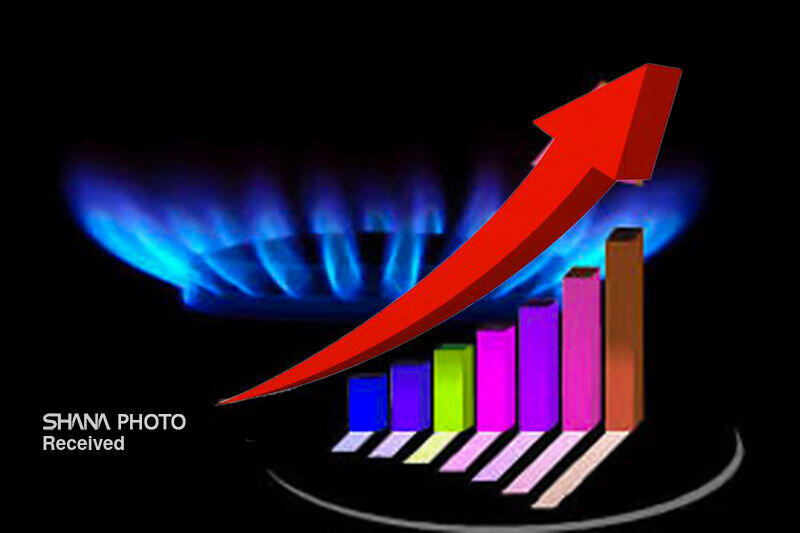Ali Rabani, speaking on Sunday during the second lottery ceremony for participants in the 10% energy reduction campaign at the National Petrochemical Company, noted that consumption trends in the residential, commercial, and small industrial sectors indicate a 5 to 6% increase.
He attributed this rise primarily to outdated equipment and poorly insulated buildings, emphasizing the need for stricter enforcement of the National Building Regulations' Article 19.
Rabani explained that as consumption in the residential, commercial, and small industrial sectors increases, the share of gas allocated to petrochemical industries, major industries, and power plants decreases. To address this, the campaign aims to reduce consumption in these sectors by leveraging the capacity of non-governmental organizations and knowledge-based companies, while offering individual and social incentives.
He also highlighted a $4 billion investment by the petrochemical industry in upstream sectors and oil and gas fields, along with efforts to reduce associated gas emissions.
Rabani added that significant steps are being taken in renewable energy, with promising developments expected early next year.
The official pointed out that the 10% energy reduction campaign aims to manage gas and electricity consumption.
He noted that in Tehran, 120 million cubic meters of gas are burned daily using equipment with 40% efficiency and power plants with less than 40% efficiency, contributing to increased greenhouse gas emissions and pollution.
Rabani reiterated that joining the campaign is expected to save 6.5 million cubic meters of gas daily.
Gov’t revenue loss
Rabani further explained that with a 5 to 10-degree difference between day and night temperatures, increased public awareness could help manage gas consumption and reduce heating system usage.
He noted that rising residential gas consumption and reduced gas supply to petrochemical plants have led to a monthly loss of 10 trillion tomans in government revenue and a decrease in foreign currency available for the market.
Participants in the 10% Gas Reduction Campaign will receive high-efficiency heaters (above B grade) as gifts. Additionally, those with heating packages can receive up to 20 million tomans in grants for upgrades or double-glazed windows, while owners of boiler heating systems are eligible for grants to improve their systems.
During the lottery, 315 high-efficiency heaters (A grade) and grants for heating packages and boilers were allocated to participants from the top three provinces: Mazandaran, South Khorasan, and Kerman, based on their level of participation.
Rabani thanked Zagros Petrochemical Company for its involvement in the campaign and covering implementation costs, inviting all petrochemical companies to join the initiative.
He encouraged Iranian citizens with gas and electricity subscriptions to register at nabzenergy.ir to participate in charitable activities, benefit from additional prizes, and contribute to improving economic, social, and environmental conditions.


Your Comment